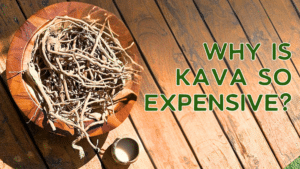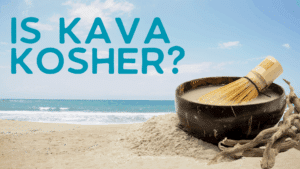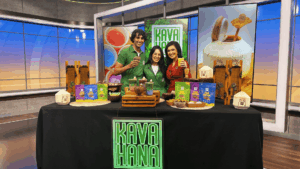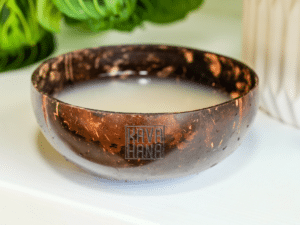This 2004 study investigates the effects of kava extracts on brain function, emotional regulation, and reactivity. It’s a double-blind, placebo-controlled trial, which means research participants were assigned either the treatment group (with kava) or a non-treatment group (placebo or something that won’t have an effect). This was done without any order, and both participants and their doctors didn’t know which treatment they were getting.
What they did
Researchers enrolled 20 healthy people between the ages of 18 and 53 who had never tried or used kava extracts before. Participants were given either kava extract or an identical-looking placebo. They were asked not to smoke, drink caffeine, or consume alcohol during the study.
How they did it
Participants received a single dose of either kava extract (two 150mg capsules) or a placebo (two identical capsules without kava root).
Researchers measured the effects of kava using a variety of scales and questionnaires. The main one is the State-trait-cheerfulness inventory (STCI). This measures three constructs: cheerfulness, seriousness, and bad mood as both traits and states. Participants were also given two questionnaires to measure brain function: visual attention and short-term memory. These scales were before treatment and 60 minutes after either kava or placebo was taken.
What they found
Baseline scores for mood and cognition were similar before treatment. However, the group that took kava reported feeling more cheerful than the placebo group. The effect was stronger in people who were naturally more cheerful. When it came to brain function, the kava group performed better on visual attention and memory tasks.
Researchers also looked at how brain function and mood were connected. In the kava group, more cheerful people made more mistakes on the visual attention tests. On the other hand, in the placebo group, those who reported a bad mood performed better.
What it means
This study suggests that kava extracts can boost cheerfulness and mood, especially in already happy people. In visual attention, kava enhances the ability to pay specific attention to important cues or information. Kava may also support short-term memory and learning by slowing the rate at which short-term memories decay and increasing the rate at which they are stored in long-term memory.
Researchers further suggest that kava may benefit the brain’s neurotransmitters or chemical messengers. Particularly the dopamine system, linked to feelings of optimism and satisfaction, and serotonin, which is important for mood and cognitive processes.
All in all, kava had a more positive effect on mood and brain function compared to placebo.
While this study does support the promising effects of kava for supporting mental health, we don’t recommend using extracts with caution. They are often made with additives and ingredients that can affect how it works in the body. Drinking kava tea is the most traditional and authentic way to enjoy kava.
Link to the original article
Thompson, R., Ruch, W., & Hasenöhrl, R. U. (2004). Enhanced cognitive performance and cheerful mood by standardized extracts of Piper methysticum (Kava‐kava). Human Psychopharmacology: Clinical and Experimental, 19(4), 243-250.
https://www.thevespiary.org/rhodium/Rhodium/pdf/kava.improves.cognition.and.mood.pdf
* Please note that the majority of kava research pertains to kava extracts, which often undergo significant processing and may contain additional ingredients and fillers that can influence their efficacy. It is crucial to consider this distinction when reading about kava studies. To draw an analogy, enjoying natural kava as a beverage can be likened to experiencing a freshly brewed cappuccino, whereas kava extracts are akin in functionality to a caffeine pill. Both forms have their unique benefits and can cater to different preferences and needs. While it’s helpful to understand research on kava extracts, please view it critically and remember that natural kava offers a uniquely holistic experience.







